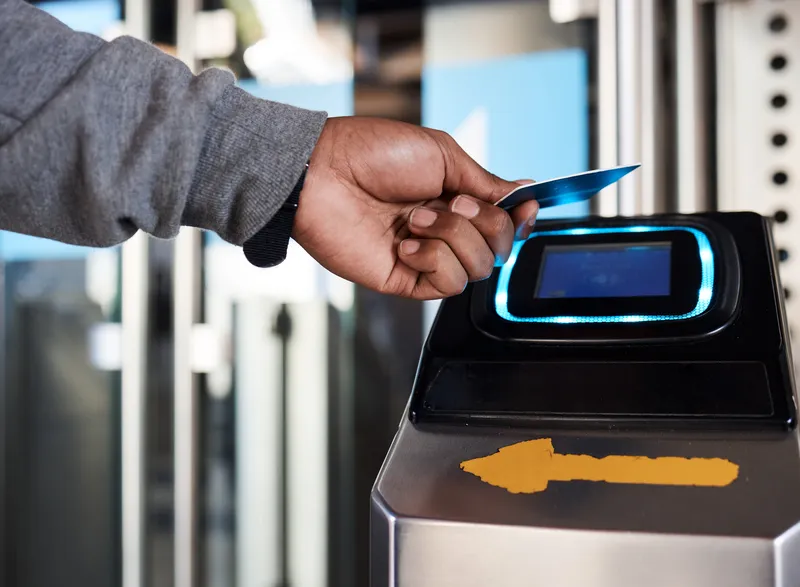Mobility service app UbiGo will be relaunched and will pilot in Stockholm, 2018, to speed up the deployment of Mobility-as-a-Service in Sweden — with its technical implementation designed by Austrian IT supplier Fluidtime. The trial, part of the Horizon 2020 CiViTAS Eccentric project, will provide households with access to public transport, car sharing, car rental taxi, city bike system and 24/7 transport.
The Relaunch of UbiGo is based on the positive experiences evaluated on the Go:Smart / UbiGo MaaS pilot project 2014 in which 70 paying households showed behaviour change from the test.
Fluidtime is using its cloud-based data platform Fluidhub to manage the data transfer between transport service providers, the mobility application and customers. It works with different data sources while building up a user-friendly mobility solution to cope with transport challenges in smart cities and regions.
UbiGo combines public transport, car-sharing, rental car services and taxi into one intermodal on-demand mobility service. It has a flexible monthly subscription with an account shared among all members of a household. The app can and can be topped up and allows users to save what has not been used for next month.
Fluidtime partners with UbiGo for MaaS pilot in Stockholm
Mobility service app UbiGo will be relaunched and will pilot in Stockholm, 2018, to speed up the deployment of Mobility-as-a-Service in Sweden — with its technical implementation designed by Austrian IT supplier Fluidtime. The trial, part of the Horizon 2020 CiViTAS Eccentric project, will provide households with access to public transport, car sharing, car rental taxi, city bike system and 24/7 transport.
October 18, 2017
Read time: 2 mins










